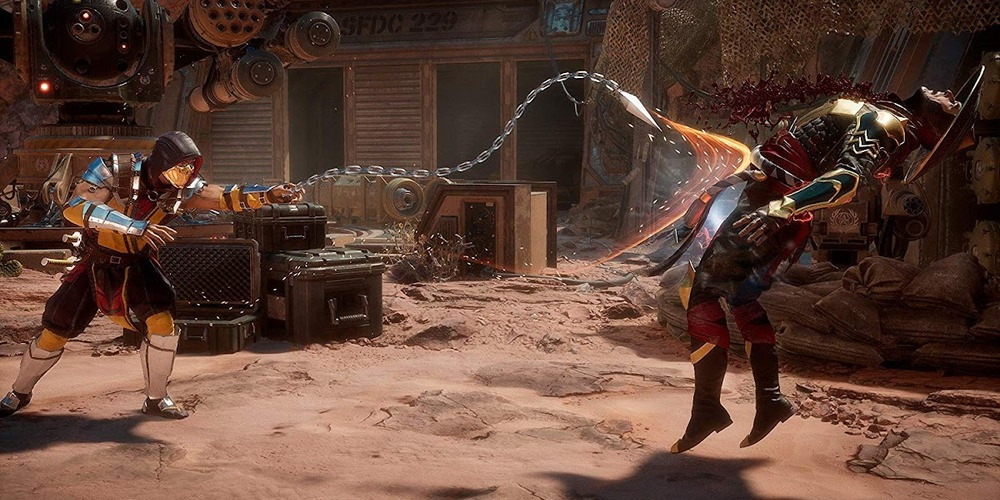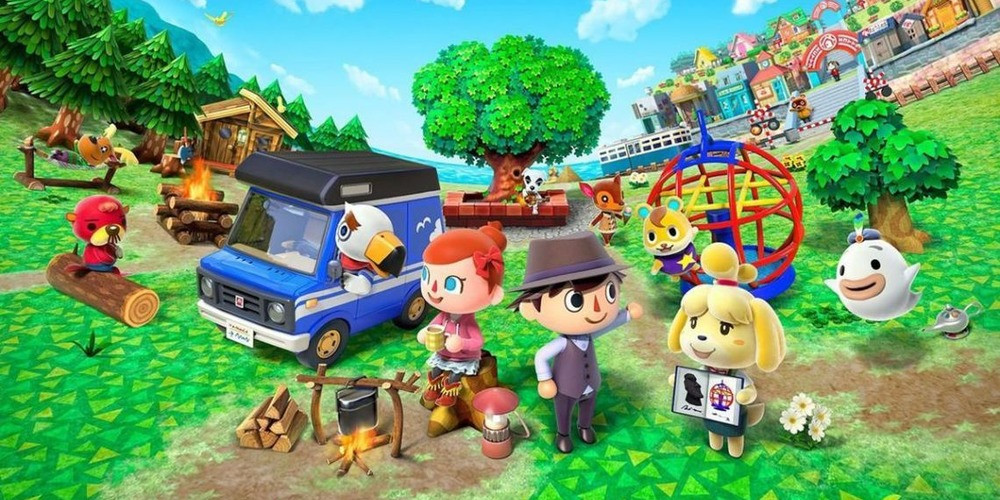Navigating the Minefield: Video Games Your Kids Should Avoid

Video games have become an integral part of children's lives, offering a blend of entertainment, education, and social interaction. However, not all games are created equal. While many titles are designed to stimulate creativity, problem-solving skills, and healthy social interactions, others may expose young players to content that is not age-appropriate. This comprehensive guide aims to navigate parents through the minefield of video games, highlighting those that are best left off your child's playlist. We'll delve into the characteristics that make these games unsuitable for children and provide better alternatives that promote a positive gaming experience.
The Unsuitable List: Games to Keep Away From Your Children

1. "Grand Theft Auto" Series
The "Grand Theft Auto" (GTA) series is notorious for its open-world exploration of criminal underworlds. While it offers an immersive experience, the game's heavy emphasis on violence, illegal activities, and mature themes makes it wholly inappropriate for young audiences. The depiction of such content without the proper context can influence impressionable minds negatively, fostering desensitization to violence or creating a skewed perception of legality and morality.
2. "Manhunt" Series
Similar to GTA in its mature content, the "Manhunt" series takes violence to another level, focusing on survival horror with a strong emphasis on stealth and the execution of enemies. Its graphic nature and the glorification of violent behavior are major red flags for parents. Exposing children to such extreme content can have profound psychological impacts, including increased aggression and fear.
3. "Mortal Kombat" Series
Known for its high levels of gore and brutal finishing moves, the "Mortal Kombat" series is a fighting game that is not for the faint-hearted. The explicit depiction of blood and dismemberment, coupled with its competitive nature, makes it unsuitable for children. The exposure to such graphic content can desensitize them to violence, potentially affecting their emotional development.
4. "Outlast" Series
The "Outlast" series is a first-person survival horror game that places players in terrifying situations within a dilapidated psychiatric hospital. The intense fear, graphic violence, and mature themes explored are reasons enough to steer clear for younger audiences. Excessive exposure to horror can trigger nightmares, fearfulness, and anxiety in children.
5. "God of War" Series
While the "God of War" series is acclaimed for its storytelling and gameplay, its graphic violence, sexual content, and portrayal of mythical gods in a brutal and often gruesome light are not suitable for young players. The game's mature themes require a level of emotional and intellectual maturity that children do not possess, making it inappropriate for them.
Healthy Alternatives: Games that Promote Positive Development

1. "Minecraft"
"Minecraft" is a sandbox game that encourages creativity, problem-solving, and collaboration among players. Its open-world environment allows children to build and explore at their own pace, providing a healthy outlet for their imagination and ingenuity.
2. "Super Mario" Series
The "Super Mario" series, with its fun and engaging gameplay, is a great alternative for younger gamers. Its positive themes, lack of graphic content, and promotion of hand-eye coordination make it a safe choice for children of all ages.
3. "The Legend of Zelda" Series
"The Legend of Zelda" series offers a blend of adventure, puzzle-solving, and exploration, all within a richly detailed and morally positive universe. It encourages critical thinking and perseverance, making it a fantastic option for developing young minds.
4. "Animal Crossing" Series
"Animal Crossing" is a social simulation game that promotes friendship, community building, and financial responsibility. Its non-violent gameplay and stress-free environment make it an excellent game for children, fostering social skills and personal responsibility.
5. "Stardew Valley"
"Stardew Valley" is a farming simulation game that teaches the value of hard work, time management, and community interaction. Its peaceful gameplay, focus on nature, and positive life lessons provide a wholesome gaming experience for younger players.
Conclusion: The Path to Positive Gaming

In conclusion, while the digital world offers a plethora of gaming options for children, it is crucial for parents to guide their young ones toward content that enriches rather than detracts from their development. By choosing games that promote creativity, problem-solving, and positive social interactions, parents can ensure that their children's gaming experiences are both enjoyable and beneficial. Remember, the goal is not to shelter our children from all digital content but to select media that aligns with the values and skills we wish to instill in them. With the right guidance, video games can be a powerful tool in a child's development, offering endless opportunities for learning, growth, and fun.
Latest posts
See more-
![The Last of Us Part II: In-Depth Character Analysis and Storyline Exploration]() Editor’s Choice
2024-08-11
The Last of Us Part II: In-Depth Character Analysis and Storyline Exploration
The Last of Us Part II is an action-adventure video game that has gained significant popularity since its inception. Developed with immense creative prowess by...
Editor’s Choice
2024-08-11
The Last of Us Part II: In-Depth Character Analysis and Storyline Exploration
The Last of Us Part II is an action-adventure video game that has gained significant popularity since its inception. Developed with immense creative prowess by...
-
![CrossCode Developer Announces Alabaster Dawn, Enters Early Access in Late 2025]() News
2024-08-12
CrossCode Developer Announces Alabaster Dawn, Enters Early Access in Late 2025
In 2021, Radical Fish Games initially introduced a new action RPG titled Project Terra. Now, they have officially named it Alabaster Dawn and announced that...
News
2024-08-12
CrossCode Developer Announces Alabaster Dawn, Enters Early Access in Late 2025
In 2021, Radical Fish Games initially introduced a new action RPG titled Project Terra. Now, they have officially named it Alabaster Dawn and announced that...
-
![Alabaster Dawn Planned to Have 30-60 Hours of Playtime, Demo Launching in Early 2025]() News
2024-08-13
Alabaster Dawn Planned to Have 30-60 Hours of Playtime, Demo Launching in Early 2025
Radical Fish Games has made an exciting announcement regarding their upcoming action RPG, Alabaster Dawn, which is set to enter early access in 2025. In...
News
2024-08-13
Alabaster Dawn Planned to Have 30-60 Hours of Playtime, Demo Launching in Early 2025
Radical Fish Games has made an exciting announcement regarding their upcoming action RPG, Alabaster Dawn, which is set to enter early access in 2025. In...
Latest Reviews
See more-
![]() Action
Cult of the Lamb
Action
Cult of the Lamb
-
![]() Action
WILD HEARTS™
Action
WILD HEARTS™
-
![]() Casual
Gacha Club
Casual
Gacha Club
-
![]() Action
Call of Duty®: Warzone™ 2.0
Action
Call of Duty®: Warzone™ 2.0
-
![]() Action
Gacha Cute
Action
Gacha Cute
-
![]() Action
Cuphead - The Delicious Last Course
Action
Cuphead - The Delicious Last Course










